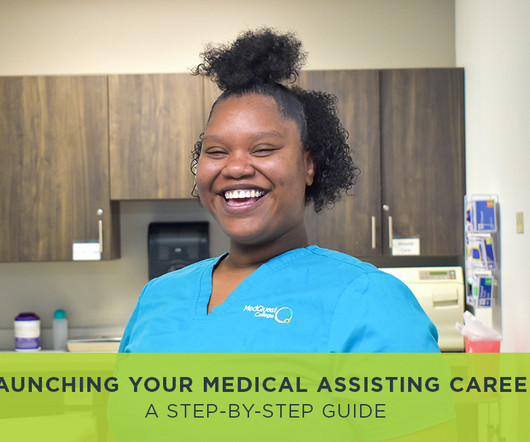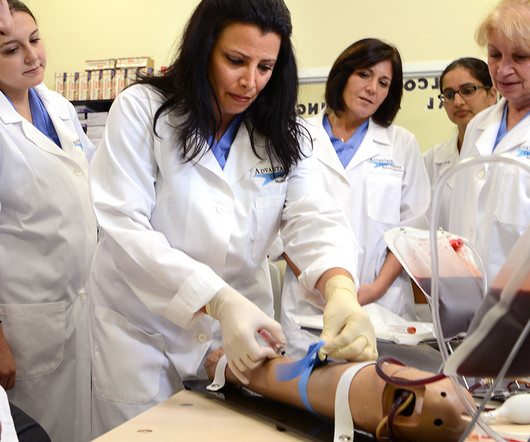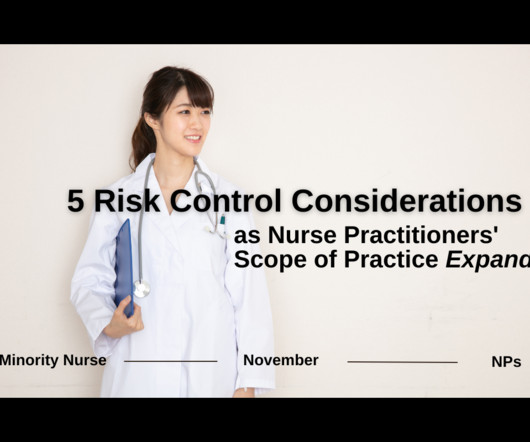Why Are Continuing Education Courses Important?
MedQuest College
JUNE 6, 2025
Whether you’re already working in healthcare, technology, or another professional field, continuing education can support individuals in maintaining relevant skills and adapting to changes in their careers. So, why are continuing education courses important?







































Let's personalize your content